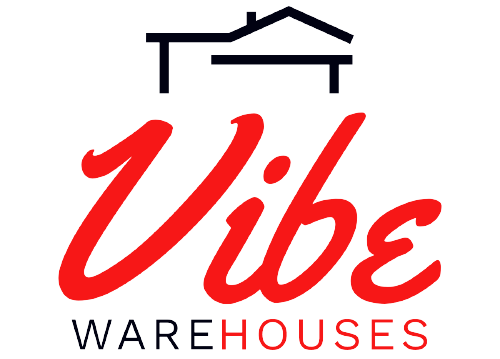Business rates stand as a pivotal consideration for every commercial property proprietor. A nuanced comprehension of these rates is indispensable for cost-effective management, regulatory compliance, and informed decision-making in the realm of property investment. This article delves into the essentials of business rates, elucidating their nature, calculation methodologies, and strategies to optimize fiscal responsibilities.
Business rates constitute local levies imposed on non-domestic properties, encompassing commercial establishments, offices, retail spaces, warehouses, and various business premises. These levies contribute to funding essential local services, such as education, infrastructure, and waste management. Commercial property owners must grasp the intricacies of the business rate determination process and the myriad factors influencing these financial obligations.
Factors Influencing Business Rates:
- Rateable Value: The rateable value assumes a pivotal role in determining business rates, signifying the estimated market rental value of a property at a specified date. The Valuation Office Agency (VOA) conducts assessments and allocates a rateable value to each non-domestic property.
- Location: The geographical positioning of a property significantly impacts its business rates. Properties situated in prime business districts or high-demand areas often command higher rateable values.
- Property Usage: The utilization of property directly influences business rates, with distinct rates and calculations applicable to different property types (e.g., offices, warehouses, and shops).
Strategies to optimize business rates:
- Appeals and Challenges: Property owners possess the right to challenge their rateable value if deemed inaccurate. Undertaking a professional valuation and initiating an appeal can result in a more precise assessment and potential reductions in business rates.
- Understanding Exemptions and Reliefs: Certain properties qualify for exemptions or reliefs, such as small business rate relief or charitable relief. A thorough exploration of these options is crucial for property owners aiming to minimize financial obligations.
- Property Improvements and Renovations: Property enhancements can impact its rateable value. Discerning how renovations and upgrades influence business rates is paramount for owners seeking to optimize their premises.
Effectively navigating the domain of business rates stands as an integral facet of commercial property ownership. Through a comprehensive understanding of influencing factors and strategic initiatives, property owners can proficiently manage costs and enhance their fiscal outcomes.
For specific inquiries or further assistance, please do not hesitate to contact us.
If you ever need additional assistance on your quest, you can find valuable insights at this website: Business Rates Valuation. Feel free to reach out for tailored assistance or to address specific queries.
As we wrap up our unique journey through the business rate maze, armed with newfound knowledge and a comprehensive map, remember that you are not alone on this adventure. For additional assistance on your quest, the beacon on this website is ready to illuminate your path. May your voyage be prosperous, enlightening, and filled with success as you navigate the seas of commercial property ownership in the UK. Onward, intrepid property owners, to the next adventure that awaits!


